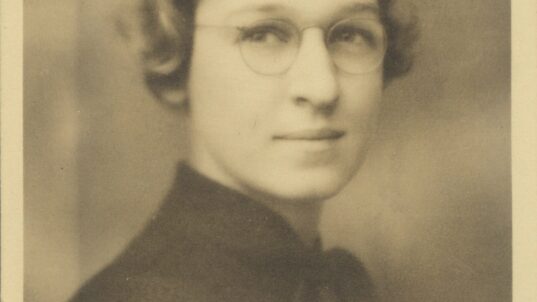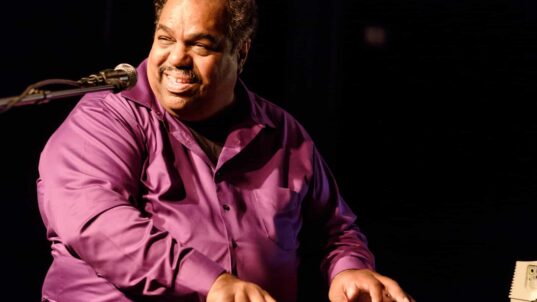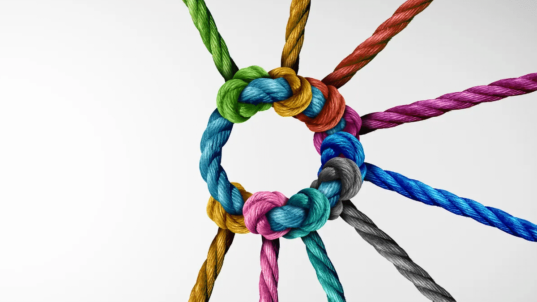Sometimes chance encounters plant the seeds for something great. Historic proof of this point became apparent to me when I recently attended one of the DC Music Salons, at my local library (Watha T. Daniel in Washington, D.C.) The week’s topic was the historic Howard Theatre, the oldest major black theater in the U.S. that has been shuttered for the past three decades. It was a pretty magical evening, with many musicians, dancers, and fans sharing their memories of the theater in its mid-20th century heyday. From a young poet named Langston Hughes to Louis Armstrong and Duke Ellington, to seminal Howard University professors such as Alain Locke and Sterling Brown who provided the intellectual foundation for the Harlem Renaissance, many creative people helped shaped the theater and the blocks around it. I live blocks away from the theater and enjoyed hearing about the effort to reopen it in 2011. One of my IF colleagues alerted me to the little-known history of the Howard Theatre and its connections to the Turkish Embassy, which led to the founding of Atlantic Records. And of course, as a student of go-go music, I especially got a kick out of hearing the story of go-go creator Chuck Brown shining the shoes of Louis Armstrong outside the theater when he was a kid!
Something one of the historians said at the library event made me think about IF and the opportunities that we have in both our public discussions and sanctuary projects. Blair A. Ruble recently published a book called Washington’s U Street: A Biography, which described the incredible history of the surrounding area. At the library Ruble said that the greater U Street neighborhood was one of the most significant neighborhoods in the whole country. Because of its proximity to both the seat of world power and Howard University, the neighborhood created many “chance encounters” and connections across racial lines. That led to a kind of frisson that eventually incubated the Harlem Renaissance in New York, and led to the century of creative output that followed.
We have a unique opportunity at IF to facilitate the same kinds of “chance” encounters, where people of different walks of life, backgrounds and experiences to come together and discover new ideas and perspectives. Our reports can provide a unique forum to push them out into the atmosphere. I think about that opportunity a lot as I continue to recruit for my arts project, making sure I have the right mix of people and perspectives. And Mark Notturno, Ieva Notturno and I have begun hosting public discussions on the first Saturday of every month at the same library in Washington’s Shaw neighborhood (which includes U Street). That’s the beauty of it. We never know who might walk in our doors–and neither do they.



